Prose, Poetry, and Pictures
-

Elephantine
I don’t know much about elephants, except that they’re very large and very intelligent – intelligent enough to use about twenty-five different sounds for communication. But as little as I know, I thought I was certain about one thing: elephants are not capable of speech. Nevertheless, yesterday afternoon, at Salt Lake City’s Hogle Zoo, I came face to face…
-

I Just Wanted to Help
It was shortly before one o’clock on Sunday afternoon. I was sipping a cold cup of coffee while reading the news on Facebook, a habit I find pleasurable despite the incessant reports of violence and corruption. The daily phantasmagoria reminds me that, while the world might be losing its way, at least my moral compass…
-
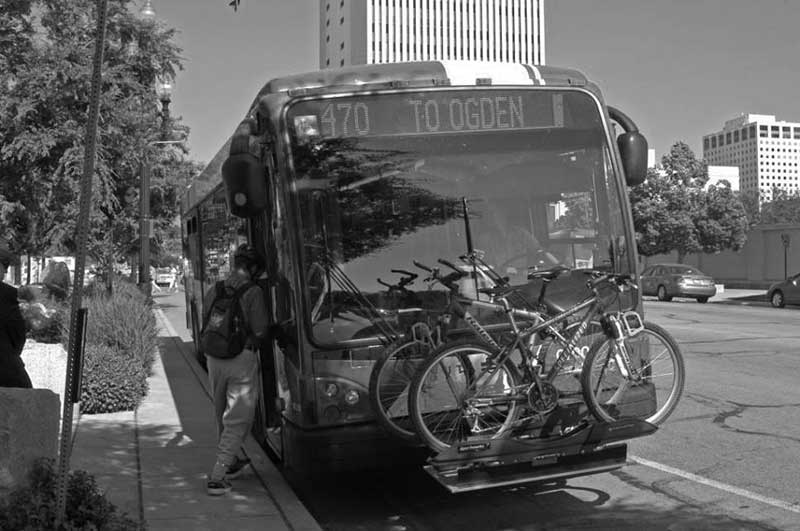
My Robert is Dead!
A bus stop somewhere in Northern Utah. It’s nearly eight o’clock in the evening and the summer sun is just now realizing that it has overstayed its welcome. A woman, about fifty years old, sits on the bench, scratching her newly styled hair. It’s short, curly, and dyed the color of old blood. A man,…
-

The Wolf of Wasatch
Think fast, Destiny. He can’t be more than a hundred feet away. I could keep the rifle and try to force him to take me to a hospital. But I don’t know how to use a gun; I don’t even know how to hold a gun. Even if I managed to shoot him before he…
-

Mother
When my bedroom door is securely locked, I rush to my desk, push my MacBook Air aside, and lift the heavy Olympia onto the desktop. It was considered a “portable” typewriter in 1957, but hulking next to my laptop, it looks about as portable as my desk. That’s okay. I don’t need it to be…
-

I Didn’t Ask for This
This can’t, like, really be happening to me. What have I done to deserve this? It’s been hard enough just trying to get through middle-school with nobody liking me, but at least there was always the hope that high school and college might help people forget how much they enjoyed looking down on me and…
-
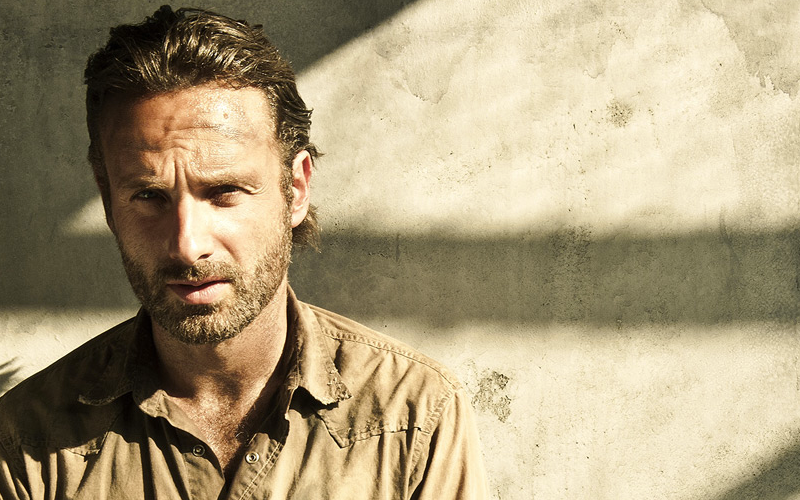
The Walking Dead
The following is my response to today’s Daily Writing Prompt: “A bobblehead collector is talked out of suicide by a member of his collection.” Saul burst into his home office and slammed the door so hard that all of the bobbleheads, occupying the nine shelves of the three bookcases lining the wall opposite of his…
-
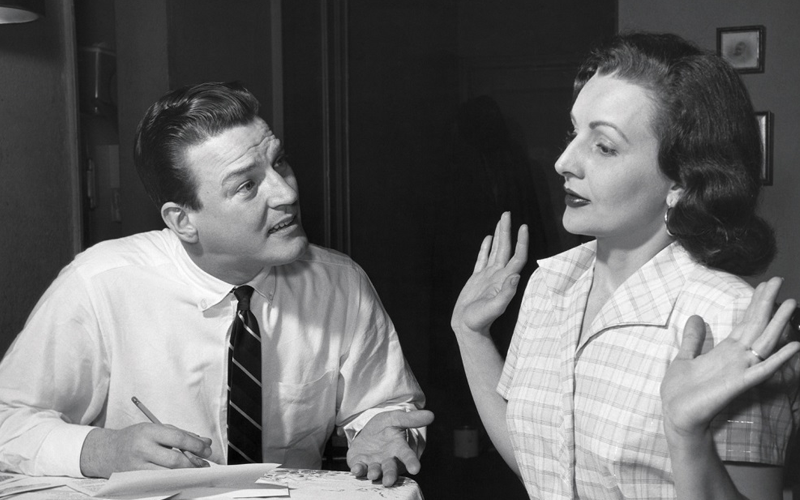
What is Conflict?
In a previous investigation I talked about what a story is and I defined thirteen potentially essential elements of a story; that is, thirteen things that every story must have. But there was something missing, a driving force that may not exist in the most mundane story, but should be present in any good story.…
-
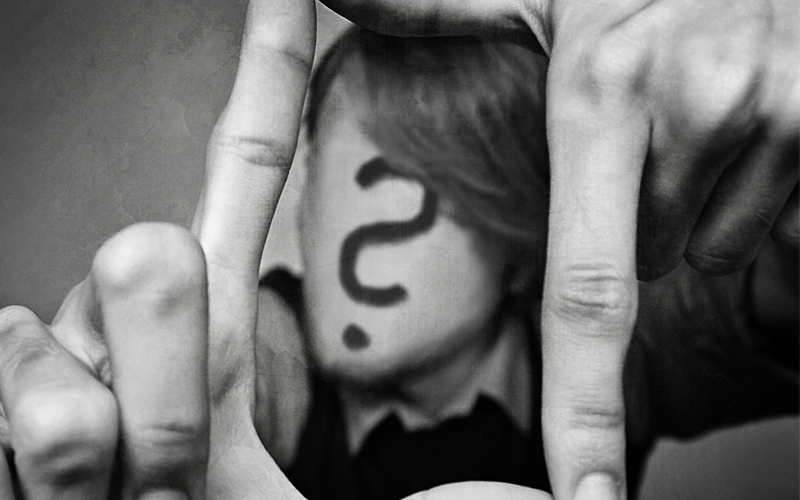
Character Development Web — Part II
I’ve been toying around with my character development web, or character chart, a sort of visual character sheet to help me quickly identify the key attributes of a fictional character. This is a work in progress and I will continue to add, remove, and rearrange items as time goes on. You are free to use…
-
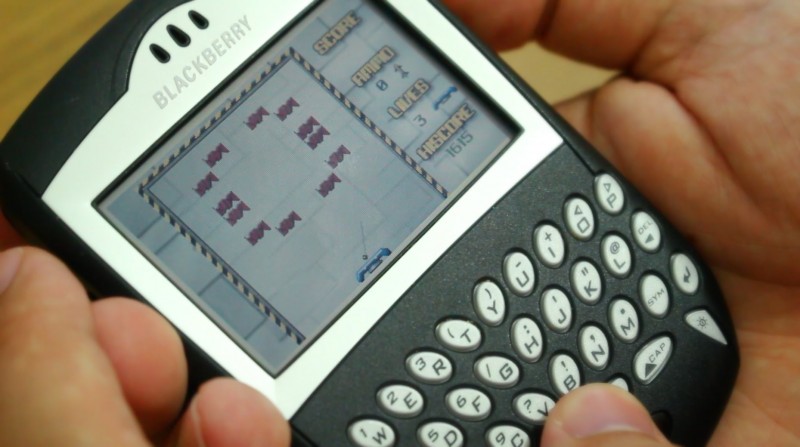
Life-Changing Technology
The following is my response to a writing prompt from the book 642 Things to Write About: “Describe something you wanted badly and, once you got it, never used.” I’m not promoting this book at all. I got it for Christmas from my wife, so I figured I would put it to some use. I…